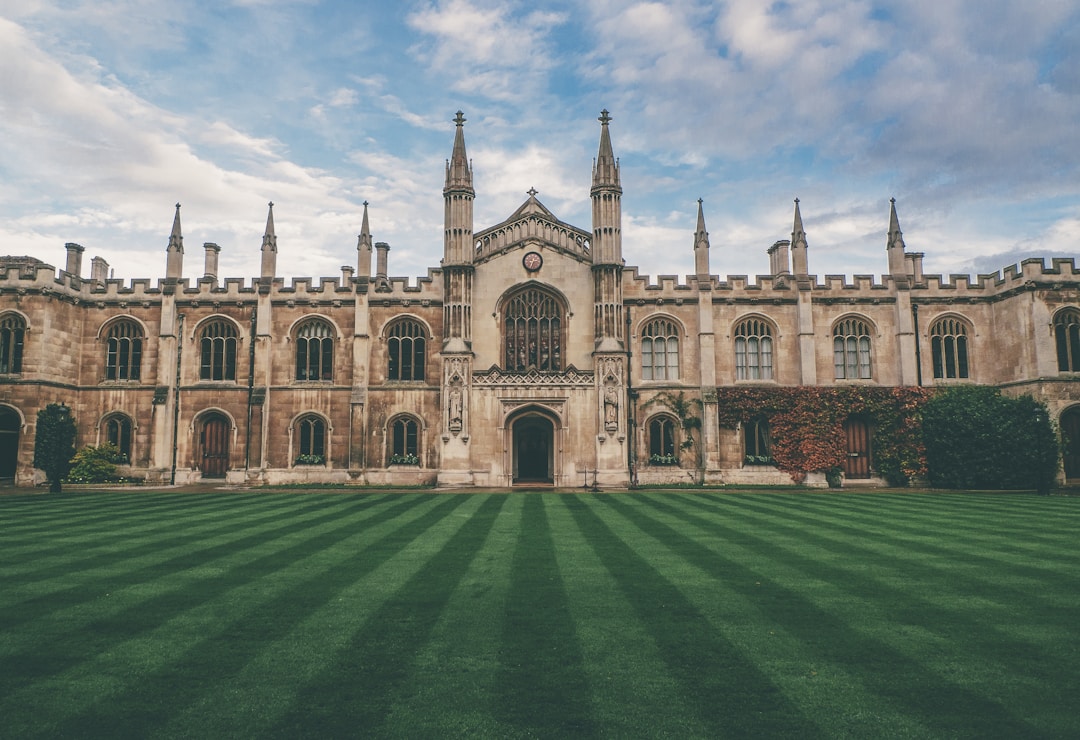Today’s education inequalities are tomorrow’s income inequalities
The average 40-year-old graduate earns twice as much as someone with nothing more than GCSEs, and at least some of this difference is due to the impact of education on life outcomes, rather than on ‘meritocratic’ processes to select people by ability. People with fewer qualifications also earn less over the course of their lives. Income is a much bigger predictor of educational attainment than geography, gender or ethnicity.
Free school meal recipients earn less than their peers
Part of explanation for the gap in earnings between free school meal recipients and their peers is that the former group are less likely to go to university, but there is still an earnings gap among those with the same level of qualifications and educational attainment. Leaving aside students who went to private schools, the earnings gap can mostly be explained by differences in quality of education and years of experience in the workplace. However, around 5% of the earnings gap is unexplained and could be caused by direct discrimination based on ethnicity, gender or other factors, or other potential differences such as attitudes to risk.

Poorer graduates earn less even with the same degree
People from poorer backgrounds have higher unemployment rates and lower incomes than those from wealthier backgrounds. At the top of the labour market, graduates from poorer backgrounds have lower incomes than their wealthier peers, even if they have the same degree qualifications. This is partly because many of the top professions continue to recruit more people from privileged backgrounds. The average graduate wage for a child from a poor family is comparable to the average wage of all graduates and non-graduates combined from affluent families. Getting a good degree from an elite university is not enough to equalise career opportunities or earnings. In part this is because graduates from poorer backgrounds have less ‘social capital’ than their wealthier peers.
Poorer graduates earn less than their wealthier peers at the same universities
The chances of becoming a top earner are influenced by both social background and university attendance. Students from more advantaged backgrounds are more likely to become high earners, even compared to others at similar universities. Overall, across all universities, 46% of graduates from private schools reached the top fifth of earners, compared to 22% of graduates who had been eligible for free school meals. However, the type of university attended also has a big impact on earnings potential. Socio-economic gaps are reduced among students who go to more selective universities. But even at Russell Group universities (leaving aside Oxbridge), socio-economic background has a huge impact on earnings potential (with 38% of free school meals students becoming top earners, compared to 53% of private school students).

Poor entrepreneurs find it harder to start a successful business
Starting a new business is challenging and risky for anyone, and most small businesses fail in the first few years. However, entrepreneurs from poor backgrounds face even worse odds, for a variety of reasons. Firstly, as outlined elsewhere, they are likely to be less well educated than their peers. But even if they are not, they face three additional challenges that many of their more advantaged peers do not: a ‘scarcity mindset’ (having to focus more on reacting to short-term priorities than on long-term proactive planning), coping with intense non-business pressures (such as food security, inadequate housing or health problems), and the lack of a safety net (with little or no savings or other assets to fall back on).









